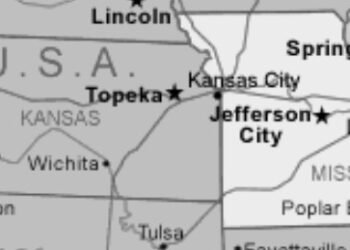Alameda County Superior Court Judge Frank Roesch said that Proposition 22, a pro–gig economy ballot initiative passed last fall, is unconstitutional since it interferes with the state legislature’s ability to set rules around workers’ compensation and collective bargaining.
Proposition 22 came in the wake of the California legislature passing Assembly Bill 5, a measure that forced companies to classify independent contractors as employees with all the benefits and regulatory obligations the label entails. Proposition 22—passed by 58 percent of voters last November—let gig economy drivers and the companies that employ them get out of this.
But the will of the California voters with regard to companies like Uber, Lyft, Instacart, and DoorDash was overturned in the Golden State.
In a ruling earlier this month, Roesch held that Proposition 22 unconstitutionally limited “the power of a future legislature to define app-based drivers as workers subject to workers’ compensation law.” He held “that the entirety of Proposition 22 is unenforceable.”
“If the people wish to use their initiative power to restrict or qualify a ‘plenary’ and ‘unlimited’ power granted to the legislature, they must first do so by initiative constitutional amendment, not by initiative statute,” Roesch wrote.
“We believe the judge made a serious error by ignoring a century’s worth of case law requiring the courts to guard the voters’ right of initiative,” said Geoff Vetter, a spokesperson for the Protect App-Based Drivers & Services (PADS) Coalition. “This outrageous decision is an affront to the overwhelming majority of California voters.”
“We will file an immediate appeal and are confident the Appellate Court will uphold Prop 22,” PADS said in a statement.
Uber also said it will appeal the ruling. Noah Edwardsen, an Uber spokesperson, told Bloomberg the judge’s decision “ignores the will of the overwhelming majority of California voters and defies both logic and the law. Meanwhile, Prop 22 remains in effect, including all of the protections and benefits it provides independent workers across the state.”
Veena Dubal, a professor at the University of California, Hastings College of Law, told Bloomberg that this markets an “important first decision in what will end up being a very consequential legal battle,” noting that “there’s not a lot of case law here to draw on” when it comes to the issues in this case.
This post first appeared at Reason.com.









What Missouri can learn from Kansas’s budget crisis